Constructing discourse: an experimental approach
Palabras clave:
referential coherence, relational coherence, connectedness, discourse marking, cognitive effort, experimentationResumen
This contribution aims at offering a state of the art about experimental research on mechanisms for referential and relational coherence, pivotal for the construction of discourse in the interlocutors’ aim to recover of a relevant assumption in communication. The construction of discourse is a cognitive activity that consists in decoding linguistic material of utterances and performing a series of mental operations to recover a relevant interpretation in a communicative exchange. For that purpose, interlocutors put to use linguistic mechanisms directed at establishing referential coherence and relational coherence to achieve discourse connectedness. The cognitive effects of these mechanisms in terms of their consequences for discourse processing and interpretation can be approached by means of experimentation. Doing so allows the researcher to enrich scientific findings as provided by linguistic description and observational studies, helps refining theories of human verbal communication and comes along with a strong transfer potential for applied endeavors.
Descargas
Publicado
Cómo citar
Número
Sección
Licencia
Aquellos autores que tengan publicaciones con esta revista, aceptan los términos siguientes:
- Los autores conservarán sus derechos de autor y garantizarán a la revista el derecho de primera publicación de su obra por medio de este documento de cesión de derechos de autoría, el cuál estará simultáneamente sujeto a la licencia de reconocimiento de Creative Commons que permite a terceros compartir la obra siempre que se indique su autor y su primera publicación esta revista.
- Los autores podrán adoptar otros acuerdos de licencia no exclusiva de distribución de la versión de la obra publicada (p. ej.: depositarla en un repositorio institucional o publicarla en un volumen monográfico) siempre que se indique la publicación inicial en esta revista.
- Se permite y recomienda a los autores difundir su obra a través de Internet (p. ej.: en publicaciones institucionales o en su página web) antes y durante el proceso de envío, lo cual puede producir intercambios interesantes y aumentar las citas de la obra publicada. (Véase el efecto del acceso abierto).










